Nestled along the Willamette River, Independence, Oregon, might seem like a quaint small town at first glance. However, beneath its serene exterior lies a rich history that once made it the undisputed “Hops Capital of the World.” For beer enthusiasts and history buffs alike, Independence’s legacy in the hop industry is both a tale of agricultural innovation and a tribute to the resilient spirit of its community.
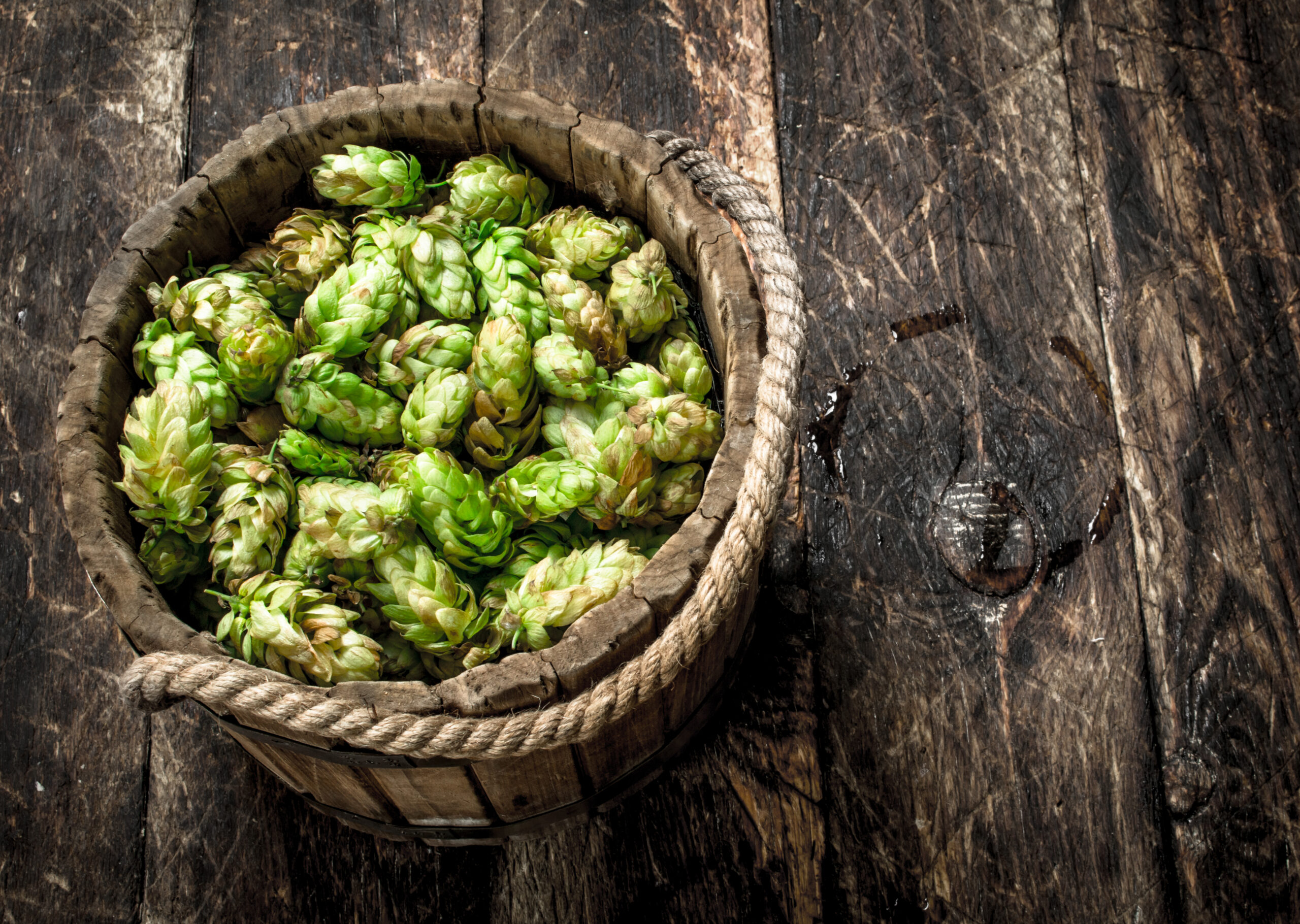
The Rise of Independence in the Hop Industry
Independence’s journey to becoming a central hub for hop production began in the late 19th century. The Willamette Valley, with its fertile soils and ideal climate, became the perfect location for growing hops—a critical ingredient in brewing beer. By the early 1900s, Independence had emerged as the leading producer of hops not just in Oregon, but across the globe. This small town was home to numerous hop farms that stretched across the valley, with fields blooming in verdant hues during harvest season.
What made Independence stand out wasn’t just the sheer volume of hops produced, but the quality. Local farmers perfected cultivation techniques that resulted in hops highly sought after by brewers far and wide. The town’s prominence was further solidified by the annual hop harvest, which became a significant event drawing seasonal workers and visitors alike. During this time, the population of Independence would swell, as thousands came to work in the fields, partake in community festivities, and celebrate the vital crop that fueled the town’s economy.
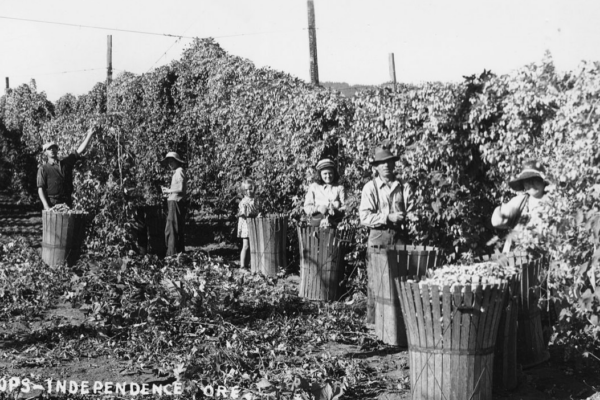
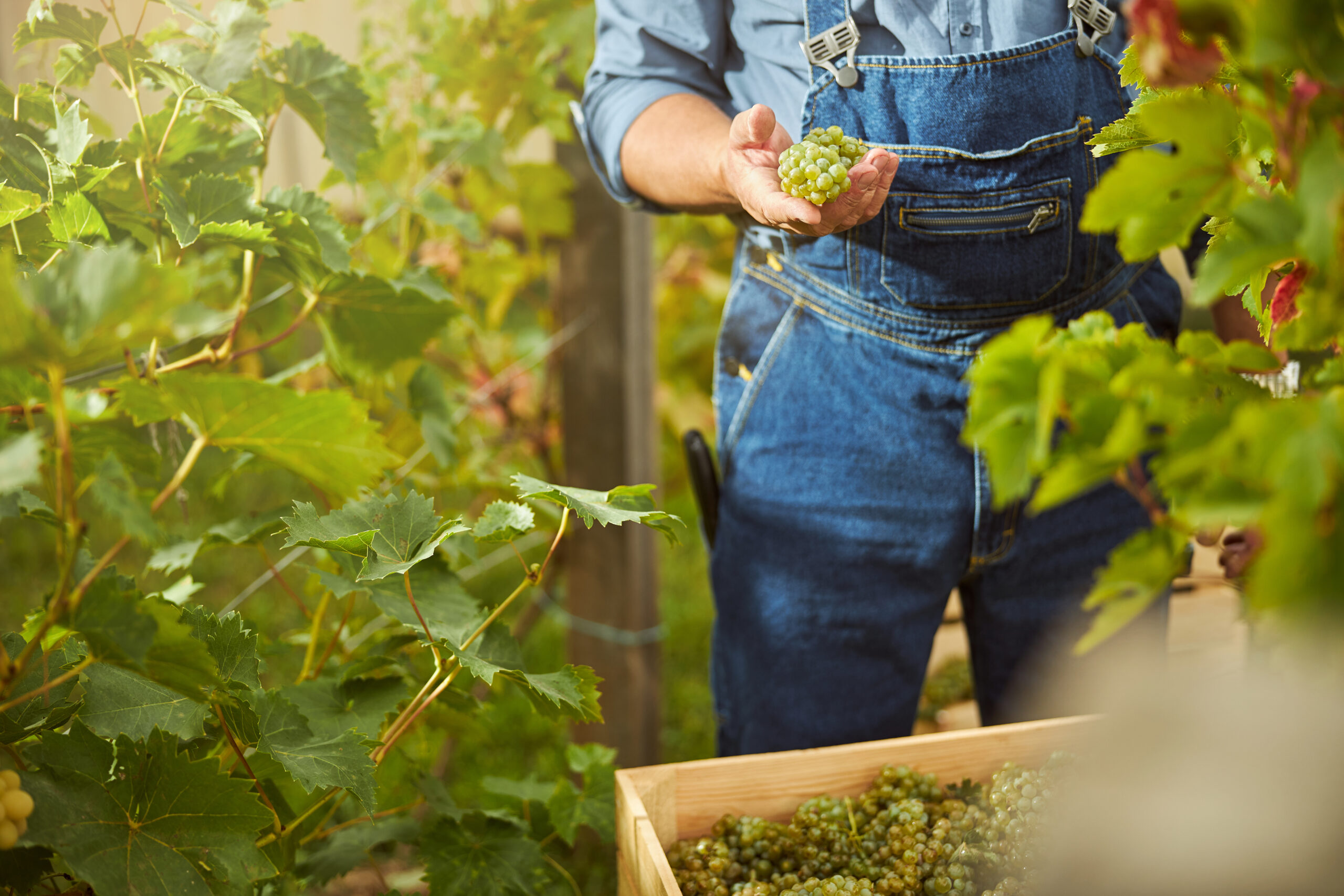
The Community at the Heart of the Hop Harvest
The hop harvest season was more than just an agricultural event; it was a cultural phenomenon. Oral histories from the era describe a time of bustling activity, where locals and migrants worked side by side, picking hops by hand and enjoying the communal spirit that the harvest brought. Families would camp out in the fields, sharing meals, stories, and laughter, all while contributing to the town’s economic prosperity.
This communal effort was essential, as hop picking was labor-intensive. The work required dexterity and endurance, but for many, it was a cherished tradition, with memories that lingered long after the season ended. The harvest also provided a vital source of income for many families, especially during difficult economic times.

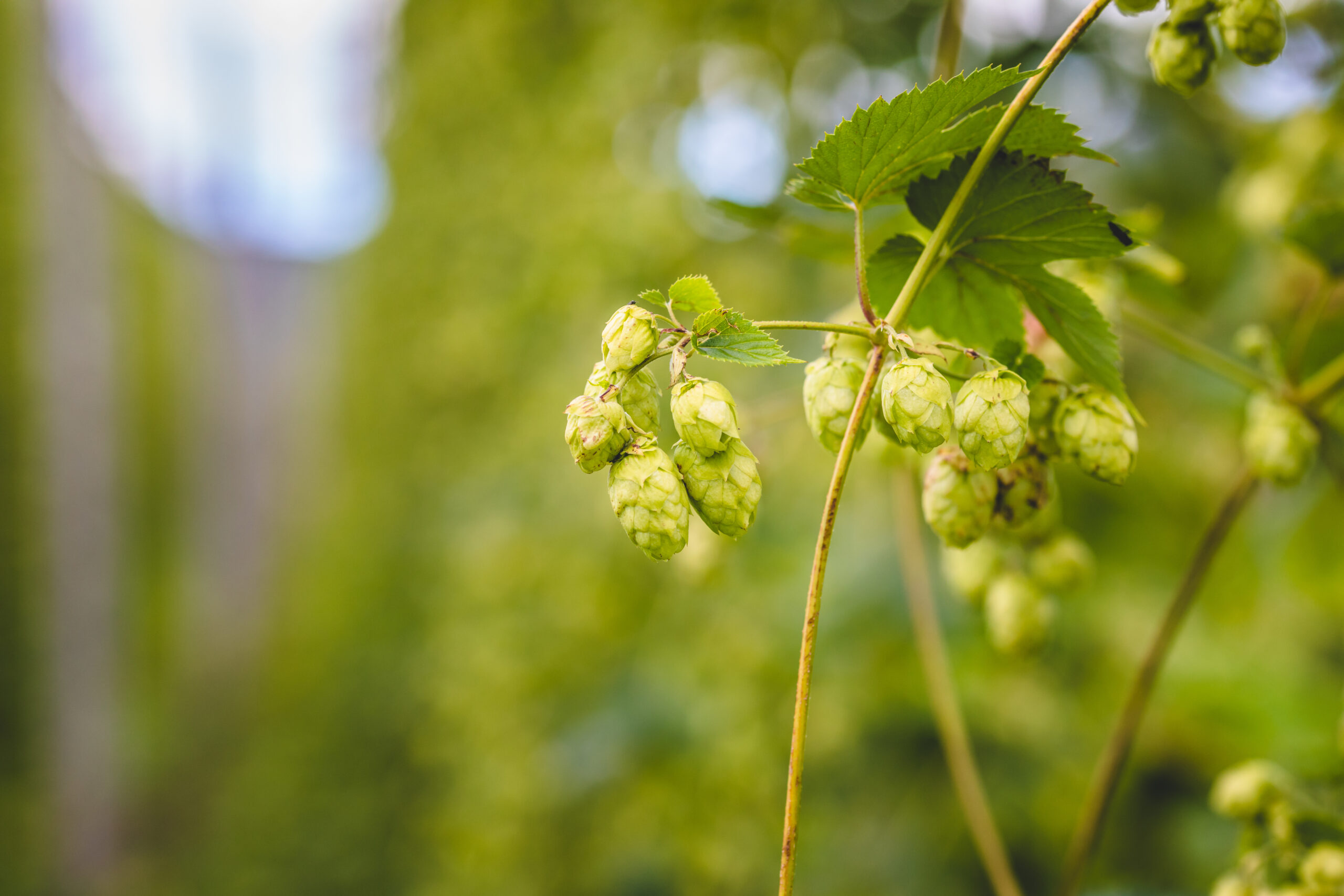
Challenges and Decline
The hop industry in Independence was not without its challenges. The industry faced several hurdles, including the volatility of hop prices, labor shortages, and the changing demands of the brewing industry. The introduction of mechanization and the growth of hop production in other regions eventually led to a decline in Independence’s dominance.
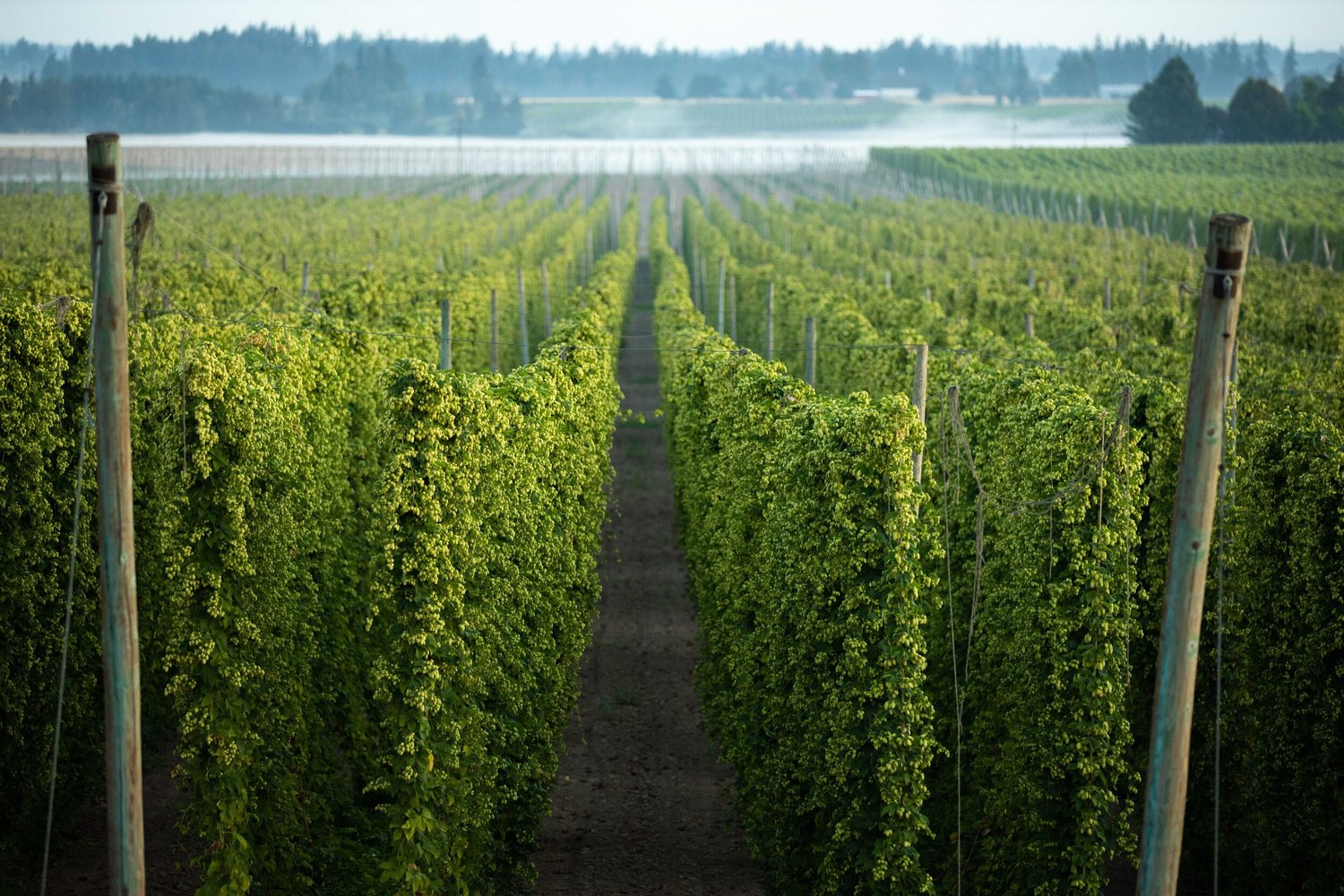
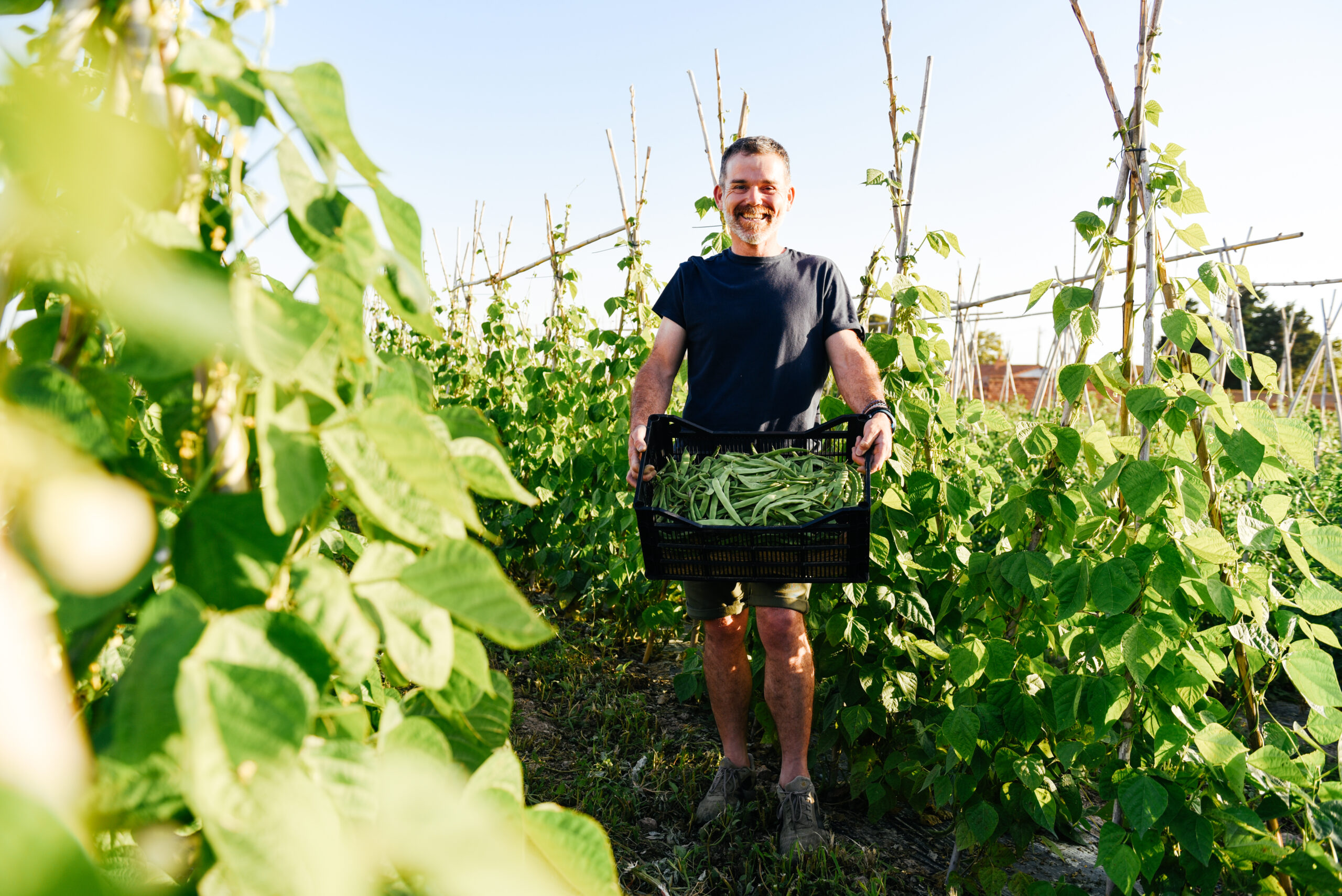
Independence Today: A Revival of Interest
In recent years, there has been a revival of interest in Independence’s hop heritage. This resurgence is fueled by the growing popularity of craft brewing and the farm-to-table movement, which values locally-sourced ingredients. Modern-day brewers and hop enthusiasts are looking back to Independence’s past, seeking to reconnect with the traditions and practices that once made the town a global leader in hop production.
Events like the annual Hop & Heritage Festival celebrate this legacy, bringing together the community to honor the town’s storied past while also looking towards its future. The festival features historical exhibits, hop-picking demonstrations, and, of course, plenty of local brews that showcase the unique flavors of Oregon-grown hops.
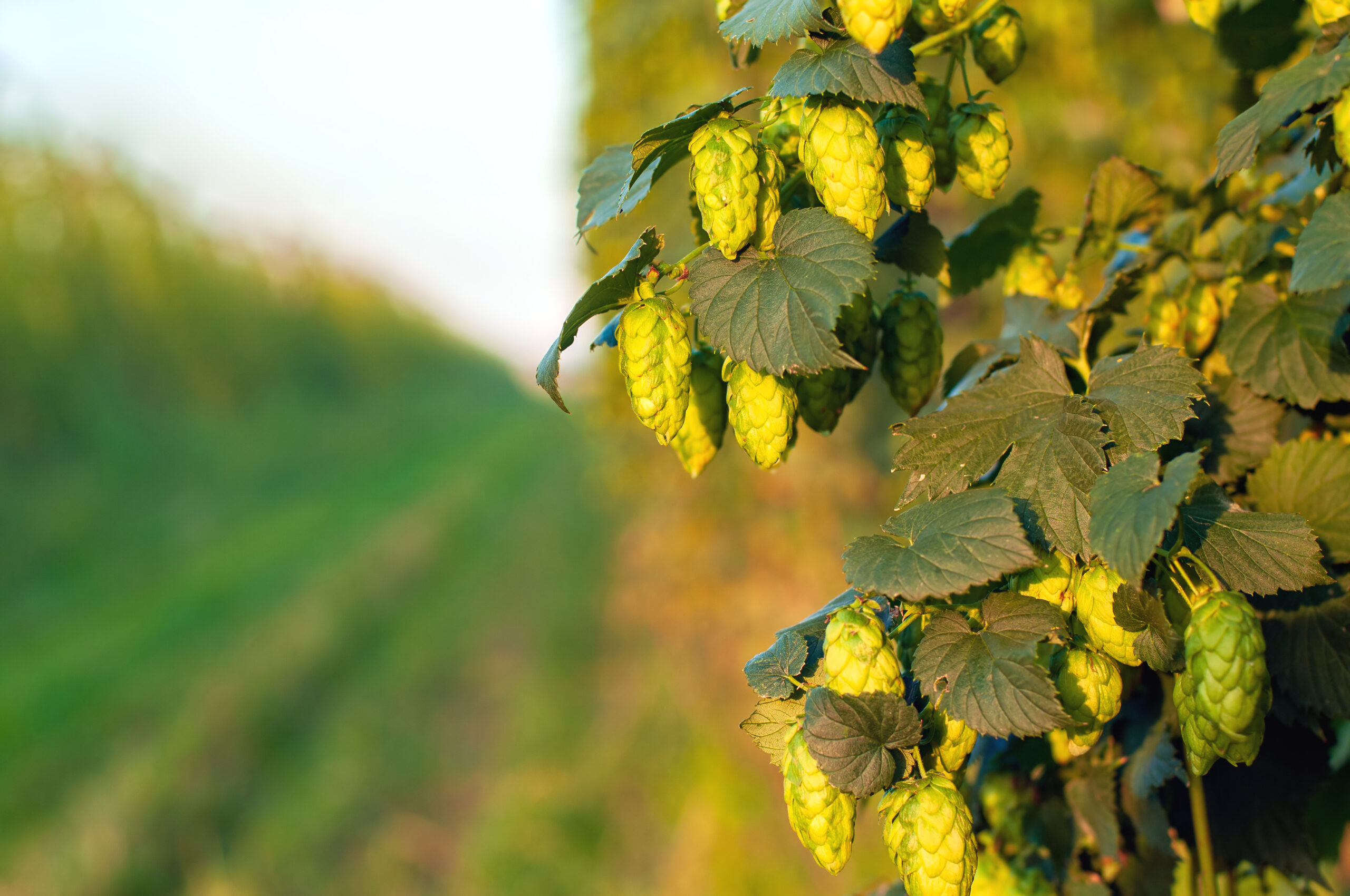

A Legacy That Lives On
Independence, Oregon, may no longer be the “Hops Capital of the World,” but its legacy continues to influence the brewing industry today. For those who visit, the town offers a unique glimpse into a time when hops reigned supreme, and community was built around the harvest. Whether you’re a history enthusiast or a beer lover, the story of Independence’s hop industry is one worth raising a glass to.
So, next time you sip on a craft beer, take a moment to consider the journey of those hops—from the fields of Independence to your glass—and the rich history they carry with them.
